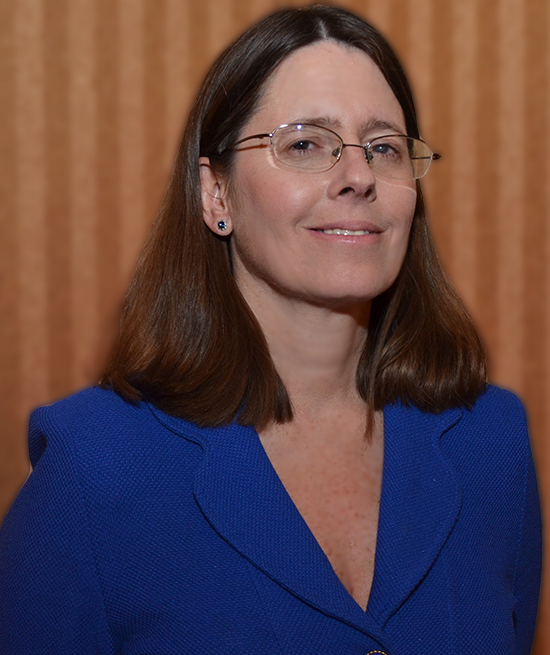Kate Berry of National eHealth Collaborative on the Future of Healthcare
 Kate Berry is the Chief Executive Officer of National eHealth Collaborative (NeHC), a public-private partnership that works with its partners, including the Office of the National Coordinator for Health IT (ONC) in the U.S. Department of Health and Human Services (HHS), to engage stakeholders in a collaborative way to realize common goals that lead to transformative change.
Kate Berry is the Chief Executive Officer of National eHealth Collaborative (NeHC), a public-private partnership that works with its partners, including the Office of the National Coordinator for Health IT (ONC) in the U.S. Department of Health and Human Services (HHS), to engage stakeholders in a collaborative way to realize common goals that lead to transformative change.
Digital health puts medical information in the hands of patients. What is your opinion this trend, and what issues, if any, do you see in terms of patient safety and confidentiality with increasing access to medical information?
I think this is a positive trend. Having access to medical information empowers and informs people to be more engaged in their healthcare, and more informed and engaged patients have better health outcomes. I do not think that there are issues with confidentiality that result from patients having access to medical information. Rather, I believe patients having access to medical information has the potential to improve patient safety.
Part of NeHC’s mission is “to help address barriers that could thwart the nation’s progress toward [healthcare] interoperability.” What are some of these barriers?
NeHC has done extensive work to encourage widespread health information exchange to improve quality and efficiency in healthcare. Last year, we convened the NeHC Health Information Exchange Learning Network. This entailed facilitating four workgroups on some of the toughest HIE issues, including business models for sustainability, prioritizing and phasing HIE services, reducing variations in implementation of interoperability standards, and HIE functions to support new payment and delivery models. The outcomes of this work are detailed in an extensive report: Following the NeHC HIE Roadmap: Four Routes to Success. We also conducted our annual Stakeholder Survey last month. Stakeholders reported that the top barriers to widespread HIE are breadth and pace of change required, cost, HIE financial sustainability, privacy and security, electronic health record (EHR) vendor readiness, and lack of interoperability. I believe interoperability is frequently cited as a barrier but oftentimes we find that this barrier is more about business issues than actual standards or technical issues.
As NeHC seeks to bring together and educate the private sector and government agencies toward the goal of universal health IT adoption, what role does the consumer play in NeHC’s strategies?
NeHC is very focused on consumer engagement in eHealth, including convening a Consumer Consortium on eHealth as a forum for multi-stakeholder coordination and collaboration, creating a Patient Engagement Framework, and developing a Consumer eHealth Readiness ToolTM (CeRT). The Patient Engagement Framework defines the characteristics of patient engagement in eHealth and the phases an organization can progress through to become more effective with patient engagement. The aligned CeRT is a business intelligence service for organizations to evaluate their consumer engagement capabilities and readiness, focus their improvement efforts and measure their progress. Together these tools provide a powerful package to help healthcare organizations accelerate their patient engagement strategies.
What are some predictions you have for the way healthcare will look in 5 years?
In five years, the use of health IT will be prevalent, meaning that EHRs and HIE will be essentially ubiquitous. Consumers will have access to more information on quality and costs, will have more choices for health insurance and will be more actively engaged in their health. Healthcare providers and payers will be partnering because payment will be more about value than volume. There will be less variation in quality and more transparency about cost.
What inspired you to pursue a career in healthcare?
I come from a healthcare family and have always had a strong interest in healthcare. My father was a biochemist, my mother was a dietician and public health researcher and my sister is a physical therapist. Healthcare is something that everyone needs and it is a large part of our economy. About half of my career has been in management consulting doing strategic planning for health systems, integrated health system development, physician-hospital partnership and clinical service line strategies. The other half has been more focused on health IT, working with Surescripts to build and grow an electronic prescribing and clinical interoperability network, and with National eHealth Collaborative, a public private partnership dedicated to encouraging widespread use of health IT. It has been fun to see the progress of health IT over the last 10 years.